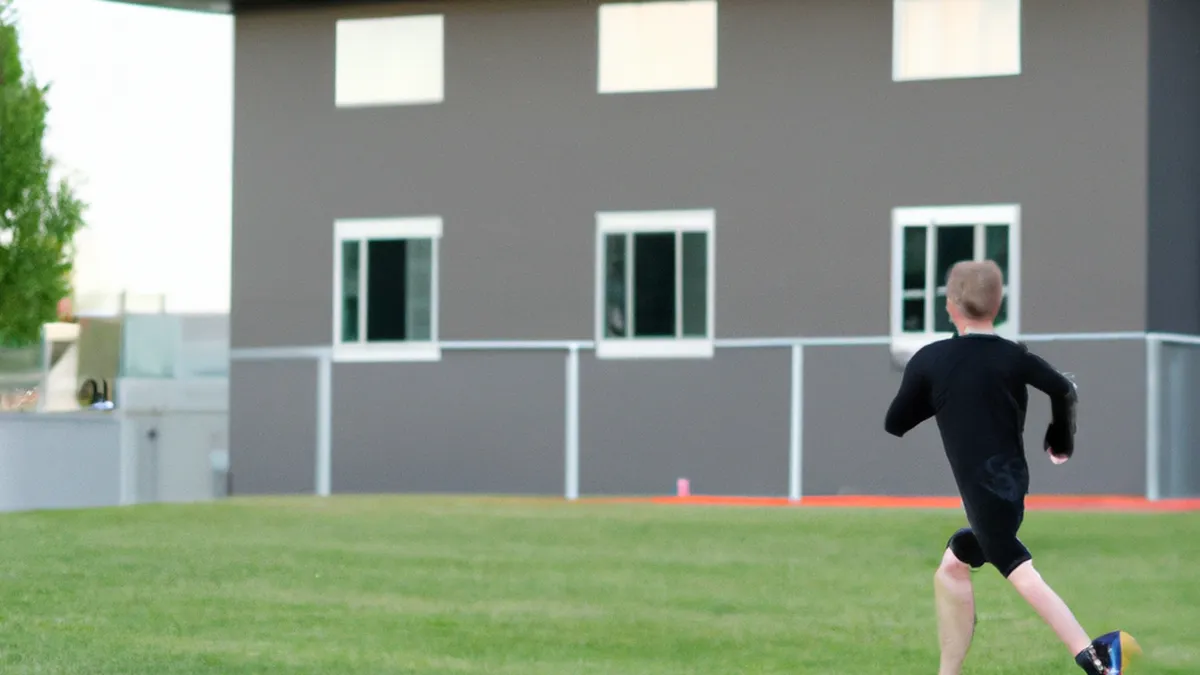Stress Management: A Game Changer for Athletes
Building Resilience in Athletes Through Stress Management
As an Amazon Associate I earn from qualifying purchases.
Gear tip: consider standing desk balance board, desk cycle and insulated water bottle to support this workout.
Athletes face immense daily pressure from training, competitions, and personal lives. This pressure often leads to significant stress and anxiety. Unmanaged stress can negatively impact performance and overall well-being. Building resilience through effective stress management allows athletes to recover from setbacks and excel. In this blog post, we will share practical stress management tips and their benefits.
Understanding Stress in Athletes
Stress forms an inherent part of an athlete’s life. It appears in physical, emotional, and mental forms. Athletes experience both positive and negative stress. Positive stress, or eustress, motivates athletes to push limits and enhance performance. Negative stress, or distress, hinders focus and motivation, leading to anxiety and burnout.
Athletes must recognize the differences between eustress and distress. They can harness eustress for peak performance while managing distress to protect their health.
The Impact of Stress on Performance
High stress levels can cause physical and mental fatigue, making athletes feel overwhelmed. This fatigue can result in loss of focus, decreased motivation, and poor performance. Chronic stress can lead to burnout, complicating recovery and peak performance. Athletes must prioritize stress management techniques to counteract negative effects and boost performance.
Common Sources of Stress
Athletes encounter various stress sources, such as competition pressure, injuries, and personal issues. The pressure to perform well can overwhelm them. Fear of failure or not meeting goals can further heighten stress levels. Understanding these sources helps athletes develop effective stress management strategies. Identifying triggers allows athletes to create personalized coping mechanisms.
Tips for Effective Stress Management
Athletes must implement effective stress management techniques. Here are practical tips to build resilience and manage stress:
1. Prioritize Rest and Recovery
Rest is essential for athletes, enabling recovery and recharging. Schedule regular rest days and prioritize quality sleep. Aim for 7-9 hours of sleep each night; quality sleep enhances focus and cognitive function. Establishing a bedtime routine can improve sleep quality, helping athletes wake refreshed.
2. Practice Mindfulness and Meditation
Mindfulness techniques benefit athletes managing stress. Practices like deep breathing exercises, guided meditation, and yoga improve focus and calm anxiety. Setting aside a few minutes daily for mindfulness helps athletes stay present during competitions and training.
3. Set Realistic Goals
Conclusion
In conclusion, effective stress management helps athletes build resilience and enhance performance. Prioritize rest, practice mindfulness, and set realistic goals.
Conclusion
A brief summary concluding the insights shared.
Below are related products based on this post:
FAQ
What are the main types of stress that athletes experience?
Athletes experience both positive and negative stress. Positive stress, known as eustress, motivates athletes to push their limits and enhance performance. Negative stress, referred to as distress, can hinder focus and motivation, leading to anxiety and burnout. Understanding these differences is crucial for athletes to harness eustress while managing distress effectively.
How does stress impact an athlete’s performance?
High levels of stress can lead to physical and mental fatigue, causing athletes to feel overwhelmed. This fatigue may result in a loss of focus, decreased motivation, and ultimately poor performance. Chronic stress can lead to burnout, complicating recovery and preventing peak performance, making it essential for athletes to prioritize stress management techniques.
What are some effective stress management techniques for athletes?
Effective stress management techniques for athletes include prioritizing rest and recovery, practicing mindfulness and meditation, and setting realistic goals. Regular rest days and quality sleep are essential for recovery, while mindfulness practices like deep breathing and yoga help improve focus and reduce anxiety. Setting achievable goals can also alleviate performance pressure.















Post Comment